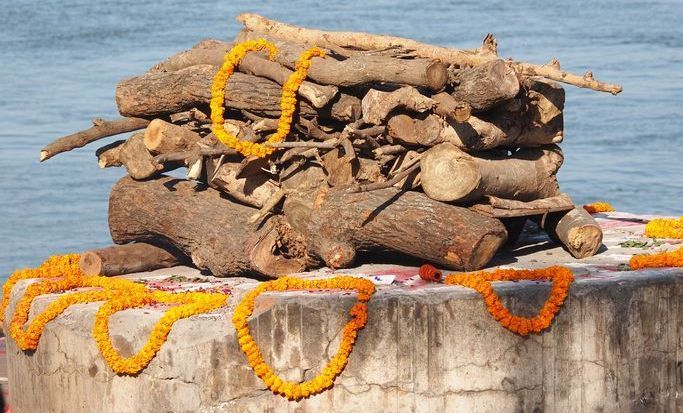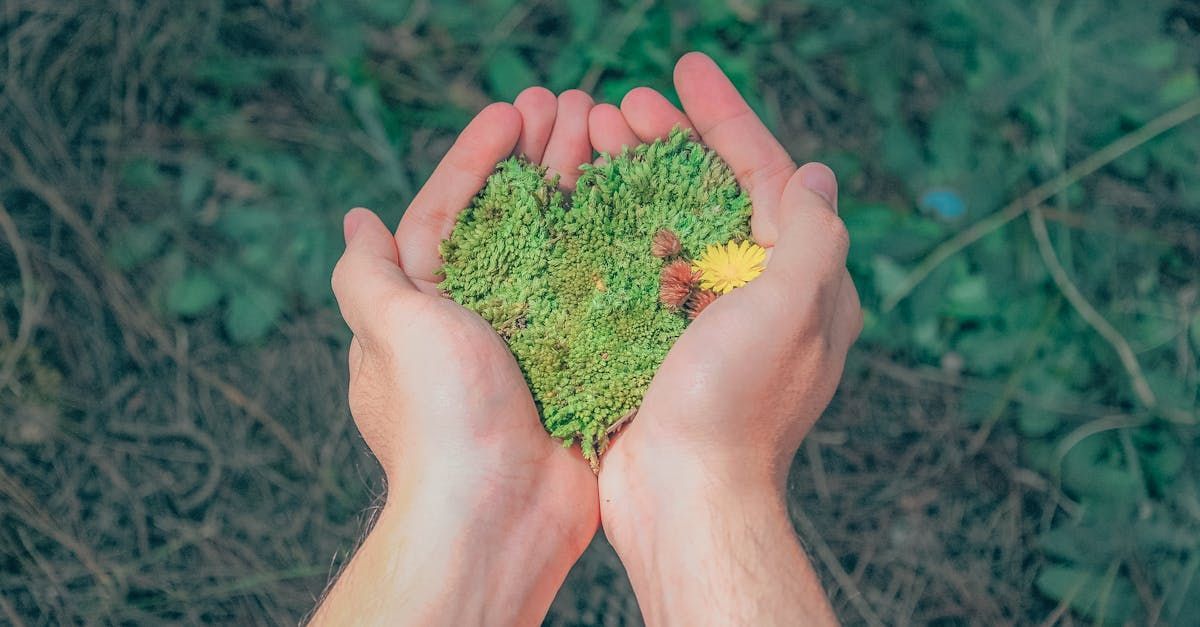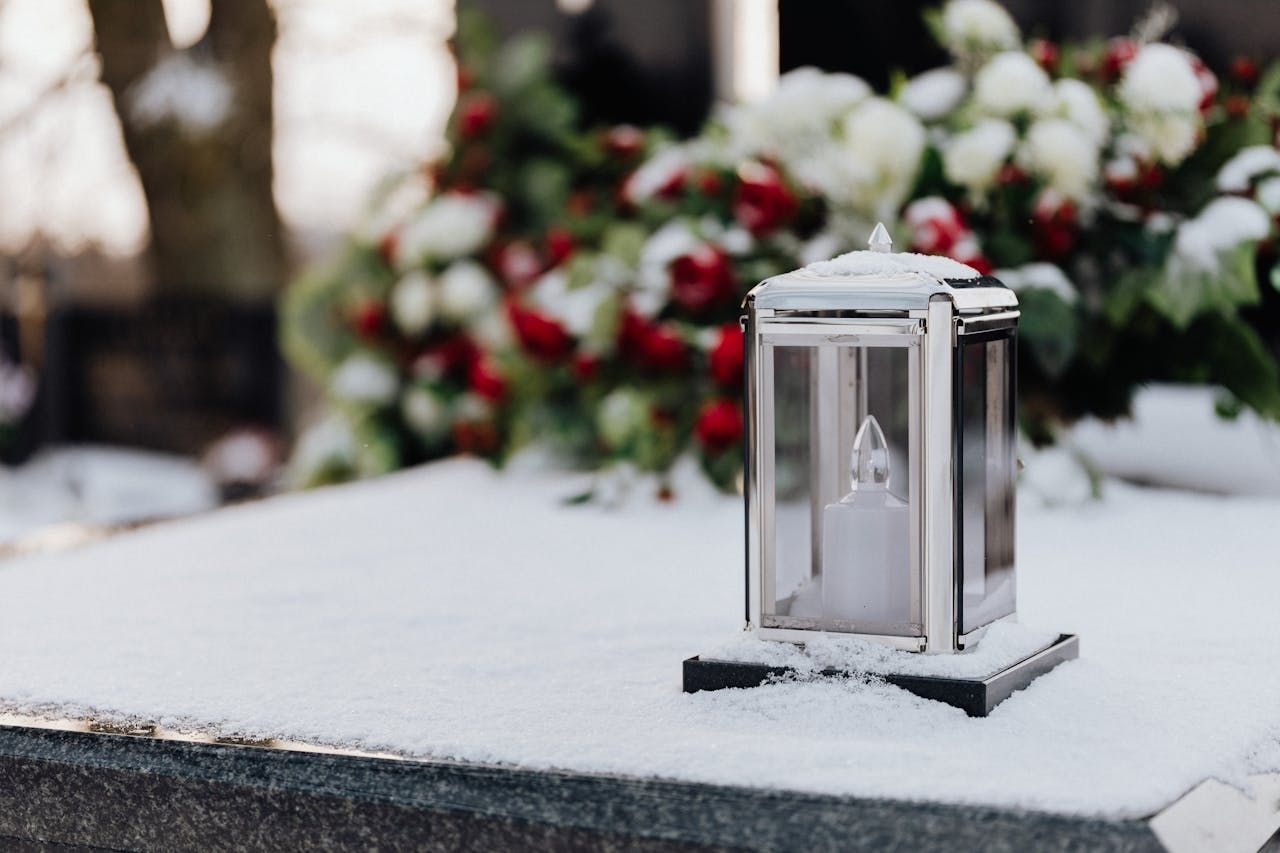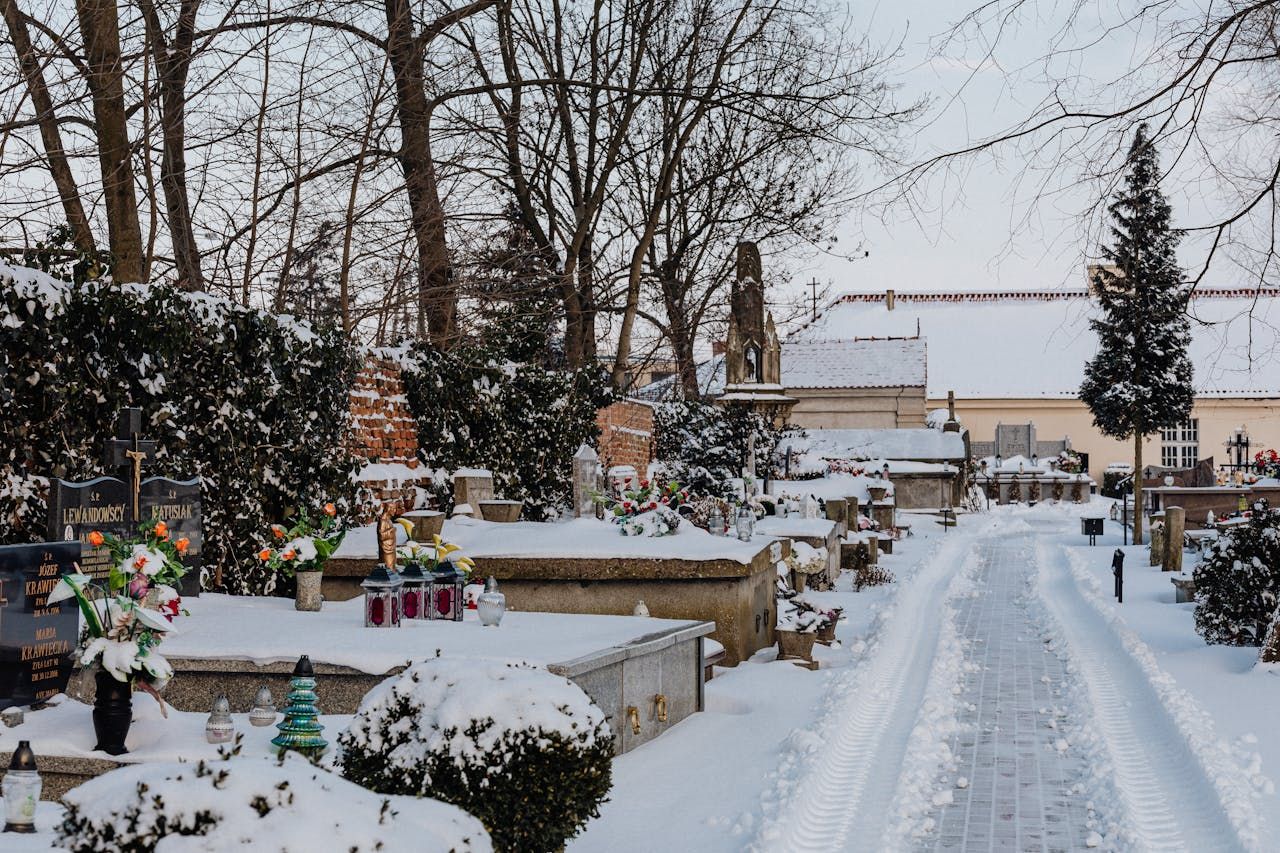Different Cultures & Death

As humans, we share certain experiences. We love, we hope, and, when we lose someone important, we grieve. When we grieve, we are experiencing the same emotion that people of all cultures, races, ages and religions feel. How we express our grief will vary, though, based on the culture in which we were raised and in which we live. Understanding how different cultures deal with death helps us understand grief itself.
How Do Different Cultures Deal with Death?
Rituals and traditions vary between different cultures, and death is no exception. In the West, there is a focus on personal grief, with people addressing this grief on their own, through counselling and sometimes by attending a support group on their own. There are different cultural views on death, though, and in many traditions, people grieve collectively.
India
In India, Hindu family members and friends gather to support the family in a ritual that lasts 13 days.
Native American Lakota Tribe
In the Native American Lakota tribe, the death of any member of the tribe is felt by everyone, and the elders use the phrase “mitakuye oyasin”, which means “we are all related”.
China
In China, collective grief is the norm, to the point that a family will make collective decisions that sometimes exclude the person who is dying.
USA
The way different cultures deal with the body also varies widely. In the United States, death has become sanitised, and most of the time people die in hospitals or nursing homes and the family does not see the body again until it has been embalmed and is in the coffin for the viewing, a day or two the funeral. When a person is cremated, there may not even be a viewing.
Indonesia
On the other end of the spectrum are the Toraja people on the island of Sulawesi, Indonesia, who bring food to their dead relatives and keep them company between the death and the funeral.
UK
In the UK, along the Yorkshire coast, the women of the village used to manage the lying-out of the body, allowing friends and family to view the person and pay their respects. This went on until the mid-20th century and is still the way things are done in some countries.
Italy
In Italy, a temporary refrigerated coffin is brought to the family home, so that people can visit, bringing flowers and paying their respects before the funeral.
Thailand
Buddhist families in Thailand begin the funeral by bathing the body, to prepare the person for the transition. The wake can last for many days, and rituals are performed to generate merit for the person who has died.
How Long Do Different Cultures Grieve?
It is normal to spend time adjusting after a death, and it can take two years of more to return to normal functioning. In the West, intense grief exceeding a year is considered “prolonged”, but some cultures embrace this lengthy adjustment and spend a long time grieving.
Tibet
In Tibet, for instance, the mourning period after a funeral lasts 49 days. The family gathers to grieve together, making clay figures and prayer flags to express this grief.
Egypt
In Egypt, mourning takes even longer, and it would be considered normal and healthy for a person to still be tearfully grieving after seven years.
Indonesia
On the other hand, in Bali, Indonesia, mourning is brief. People are discouraged from crying and must not allow tears to fall on the body, or it is believed that the person will have a bad place in heaven. Crying for too long is thought to summon malevolent spirits and burden the dead person’s soul with sadness.
Celebrations of Death
There are vastly diverse death rituals in different religions. There are some cultures that celebrate death, particularly those cultures in which people believe in reincarnation. In Nigeria, the Yoruba people believe that the dead are reborn into the same family lineage, and funerals are elaborate affairs that include dance and drumming performances. Even in cultures that do not celebrate death, there are often celebrations of life, embracing the person’s history and honouring it with stories, songs, and shared memories.
Embracing Your Cultural Traditions
However you believe in acknowledging death, when you need help planning a funeral or life celebration, choose funeral services from a business with experience, compassion, and strong ties to the community. Founded in 2002 by Nigel Gillard, Bridgwater Funeral Services Limited , in the centre of Bridgwater, Somerset, is a family business that provides personal service 24 hours a day, 7 days a week. Nigel has been working in the funeral business for over 15 years, and his daughter Corrinne Foster, who is the highest qualified Funeral Director in the area, assists in running the business.
We are committed to taking care of all funeral arrangements, welcoming our clients into a professional, friendly environment, with a luxurious waiting room and a beautiful Chapel of Rest. We offer Green and Woodland burials, horse-drawn funerals, military funerals, and services in all religious denominations as well as non-religious and humanist life celebrations. We also offer low-cost funerals and Golden Charter pre-paid funeral plans.
If you have queries about the services we offer, or you just need help and advice, please do not hesitate to call us at 01278 457755 , pop into our office on Bristol Road, or contact us through our website.

